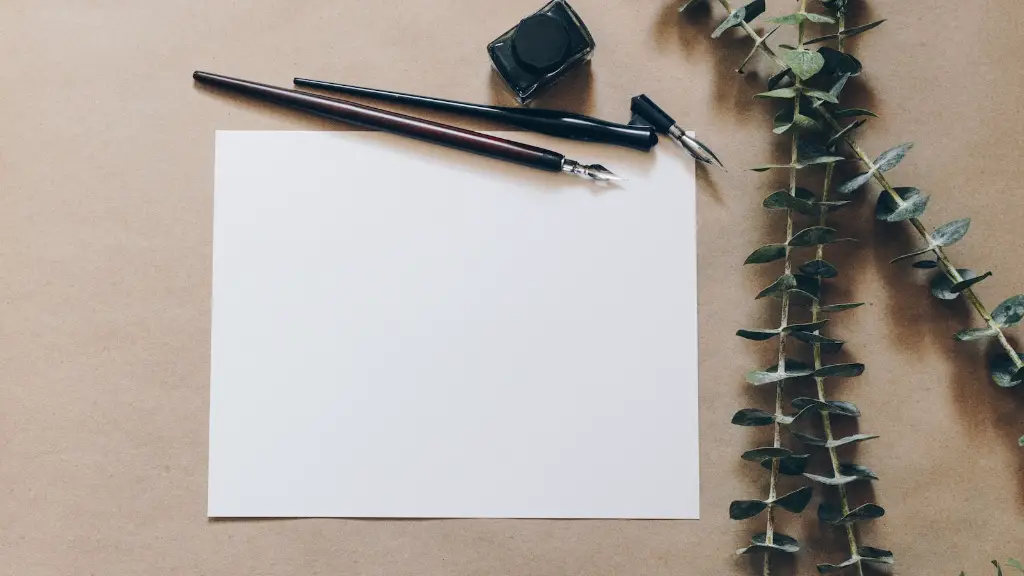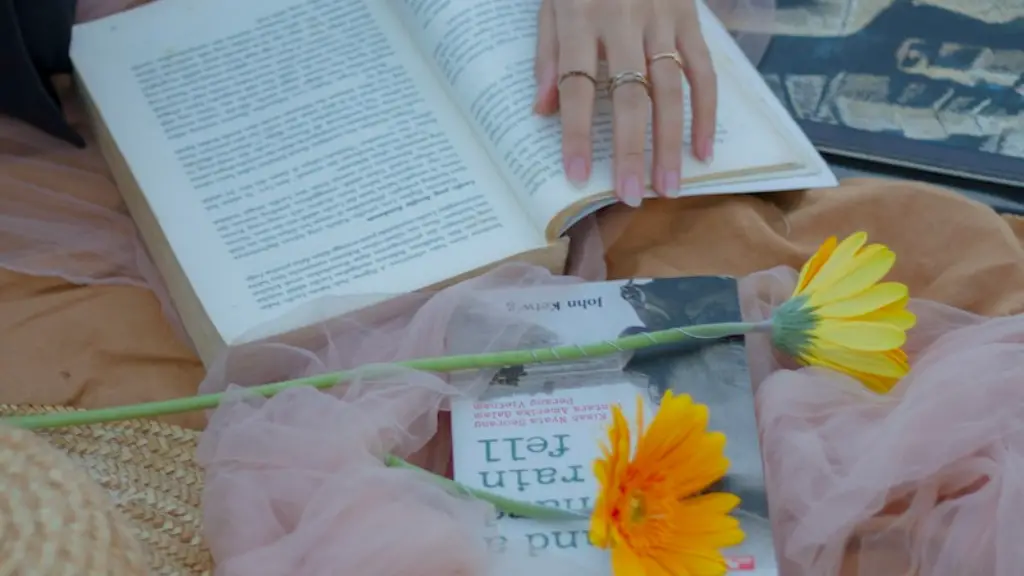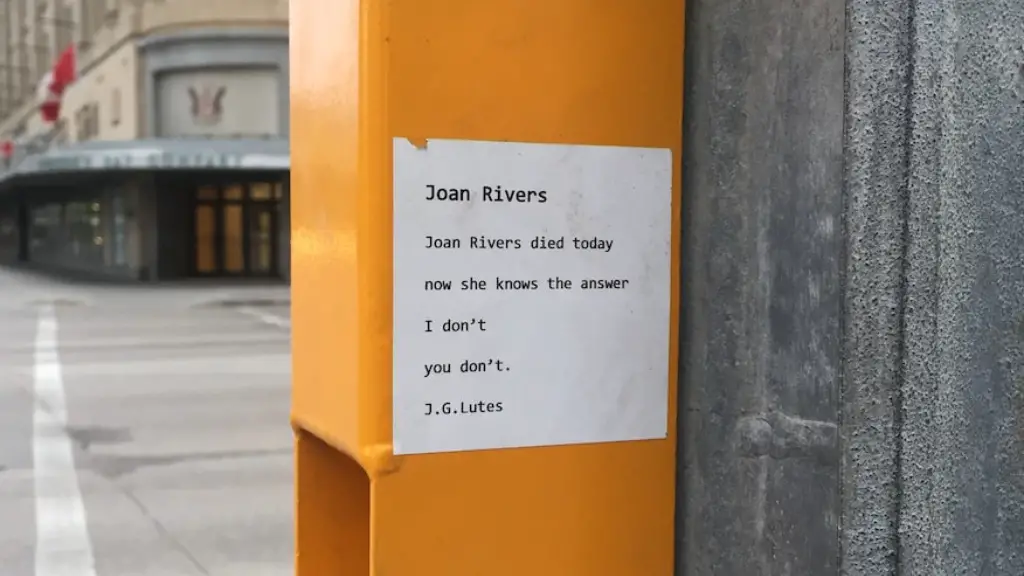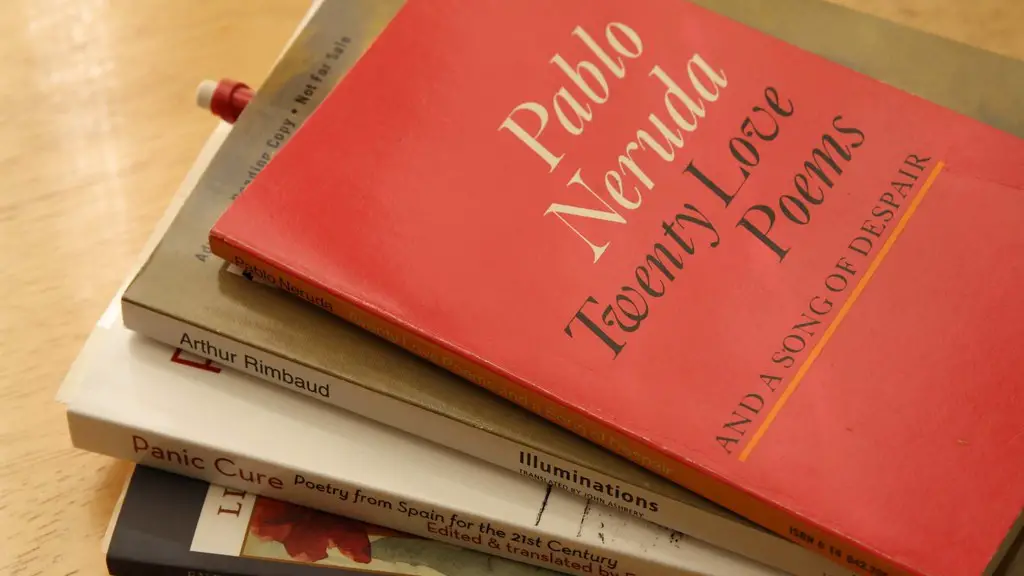Writing Poetry
Poetry is one of the most powerful ways for an individual to express their thoughts and feelings. It speaks to our emotional being, often in a way that words alone cannot. Writing poetry allows us to explore and articulate our own feelings, while at the same time creating a piece of art that can speak to others. Here are some tips on how to express yourself through poetry.
Tip 1: Choose a Topic
The first step in writing a poem is to come up with a topic. You may want to write about something that has been bothering you, something you are passionate about, or something completely new. You should choose a topic that speaks to you, that you can relate to, and that will inspire you to craft powerful emotions into your poem.
Tip 2: Brainstorm Ideas
Once you have chosen a topic, the next step is to brainstorm ideas. This means jotting down all the things that come to your mind when thinking about the topic. Jot down images, words, phrases, metaphors and similes. Writing out possible titles can also be helpful in capturing your initial inspiration.
Tip 3: Decide on a Form
Once you have selected a topic and brainstormed ideas, you can then decide on the form of the poem. A form is the structure and sequencing of lines in a poem. Some examples are sonnets, haikus, villanelles, and limericks. Each form has a unique rhyme and meter pattern, but it is not necessary for to use a form for your poem. Free verse is an option for those who would like to write without being tied to a particular structure.
Tip 4: Use Rhyme and Meter
Rhyme and meter are important tools for creating a poem that resonates with the reader. Rhyme refers to a repetition of the same, or similar, sound at the end of two or more words. Meter is the pattern of stressed and unstressed syllables, which can add a rhythm to your poem. Experiment with different rhyming and meter patterns to find the one that best fits your poem.
Tip 5: Exploring Different Voices
Exploring voices is an important step in writing and expressing yourself through poetry. The voice of a poem can be personal, and reflect upon the poet’s feelings, or it can be the voice of a character. For instance, if you choose to write in a biblical voice, the poem would incorporate elements of the bible, the voice of God, and references to characters from the bible. Exploring different voices will help you to portray the emotions and ideas in your poem.
Tip 6: Write, Edit, and Refine
The final step in expressing yourself through poetry is to write and edit your poem. Use the tips discussed above to craft powerful and engaging poetry. Once you have written your first draft, edit it for form, rhyme and meter, and cohesion. Read the poem aloud to yourself or to a friend to ensure that it is flowing correctly. If something isn’t quite right, don’t be afraid to go back and refine the poem until it resonates with you.
Exploring Different Poems
As you begin to express yourself through poetry, it can be helpful to explore different forms of poetry that go beyond the basics. Here are four different types of poems you should consider trying:
Lyric Poeming
Lyric poetry is one of the oldest forms of poetic expression. It is often associated with song lyrics and is written in a style that allows the poet to express their feelings and emotions. Lyric poetry does not use a strict form, which allows for more creativity and freedom in the poem.
Narrative Poetry
Narrative poetry is a form of poetry that tells a story. It often follows a structure and includes characters, plot,setting and conflict. It is a great way to explore different emotions and topics, as well as create a compelling story.
Haiku Poetry
Haiku is a type of Japanese poetry that follows a five-seven-five syllable form. It is a quick, impactful form of poetry that is usually used to evoke emotion and express nature. Haiku poems often include nature metaphors and emphasize the beauty of simple moments in life.
Sonnet Poetry
Sonnets are a traditional form of poetry that originated in Italy during the Renaissance. Sonnet poems are 14 lines long and follow a strict rhyme scheme. It is an excellent way to practice structuring your words and conveying powerful emotions in a fraction of the words.
Exploring Different Techniques
Poetry is more than just words on a page, it is an art form that relies on a combination of different techniques to create a powerful expression. Here are a few techniques to consider when writing poetry:
Metaphor
Metaphors are comparisons used to evoke emotion and create vivid imagery in a poem. Using metaphors in your poetry will help to give it a deeper meaning and make it more impactful.
Similes
Similes are another tool used to create powerful imagery in a poem. A simile compares two unrelated things using like or as. This will help to create vivid images in the reader’s mind and create a powerful emotional reaction.
Rhyme and Alliteration
Rhyme and alliteration are powerful tools for enhancing the flow and emotion of a poem. Rhyme refers to a repetition of the same, or similar, sound of two or more words. Alliteration is the repetition of the same sound at the start of multiple words. Both rhyme and alliteration can help to create a rhythm and enhance the emotional effect of the poem.
Personification
Personification is used to give inanimate objects or abstract ideas human characteristics. This can add an extra layer of emotion to a poem and can be a great tool for expressing complex feelings in a powerful way.
Exploring Different Forms of Poetry
Once you have explored different techniques, it is important to also explore different forms of poetry. Here are four different forms to consider:
Free Verse
Free verse is a form of poetry that is written without any structure. It is often associated with modern poetry and is a great option for those who prefer to write without being confined to a particular structure or form.
Villanelles
Villanelles are a type of French poetry that follows the same rhyme and repetition pattern throughout the entire poem. This form is often used to evoke emotion and allow complex ideas to be expressed in an elegant and concise way.
Limericks
Limericks are a type of humorous poetry that follows a specific pattern, with five lines and an AABBA rhyme scheme. They often use witty wordplay and it can be a great way to practice crafting clever lines and developing your own comedic style.
Epic Poetry
Epic poetry is a form of narrative poetry that tells a story on a grand scale. It is often used to tell stories of heroes and gods, and it is an excellent way to explore themes such as courage, friendship and love.
Exploring Different Mediums
Once you’ve explored different forms, techniques and types of poetry, it can be helpful to explore different ways to share your poetry with the world. Here are three different mediums to consider:
Performance Poetry
Performance poetry is a great way to express yourself through poetry without ever writing a word. You can practice reading your poems aloud and performing them in front of an audience. This can be a great way to evoke emotion in both yourself and your audience.
Online Poetry Publishing
Online poetry publishing is a great way to share your work with a wider audience. Many websites allow poets to share their work and receive feedback from other like-minded individuals. This can be an excellent tool for honing your skills and improving your craft.
Poetry Journals
Many literary journals and magazines publish poetry, allowing poets to share their work with a larger audience. Submit your work to these journals and magazines to allow others to read and experience your poetry.
Finding Uniqueness in Your Poetry
Writing poetry is a chance to connect with yourself, as well as connecting with others. As you express yourself through poetry, it is important to find your own unique voice and style. Take the time to experiment with different forms and techniques, as well as exploring different mediums and forms of poetry. This will help you to find your own unique style and create powerful, engaging poetry.





